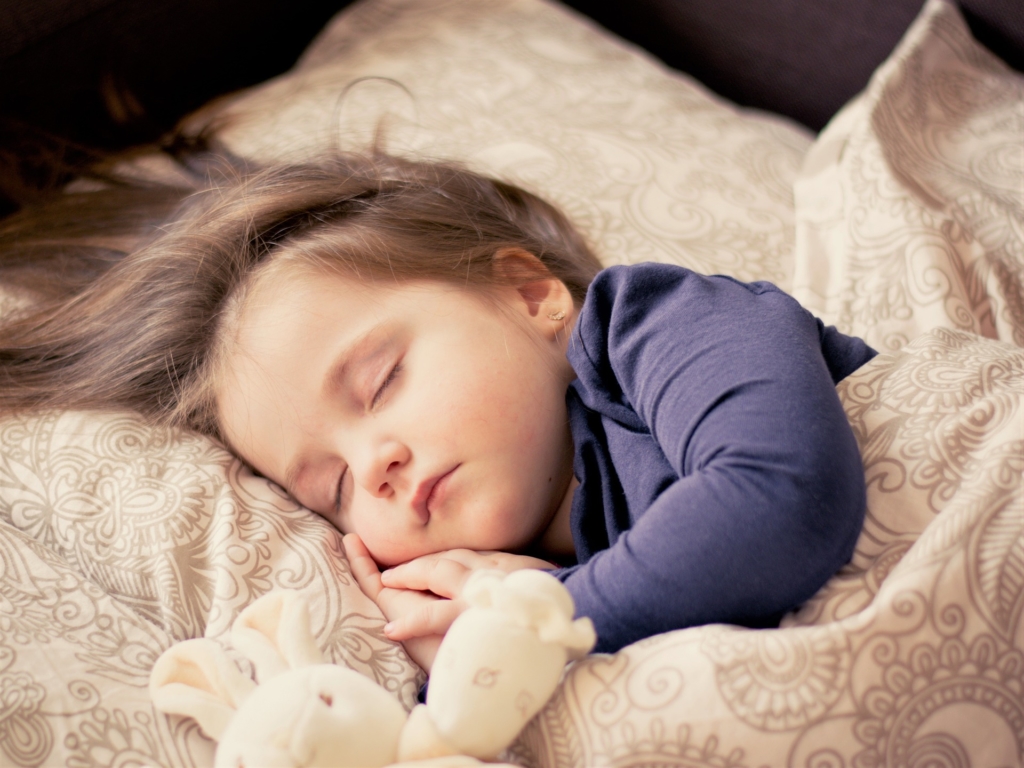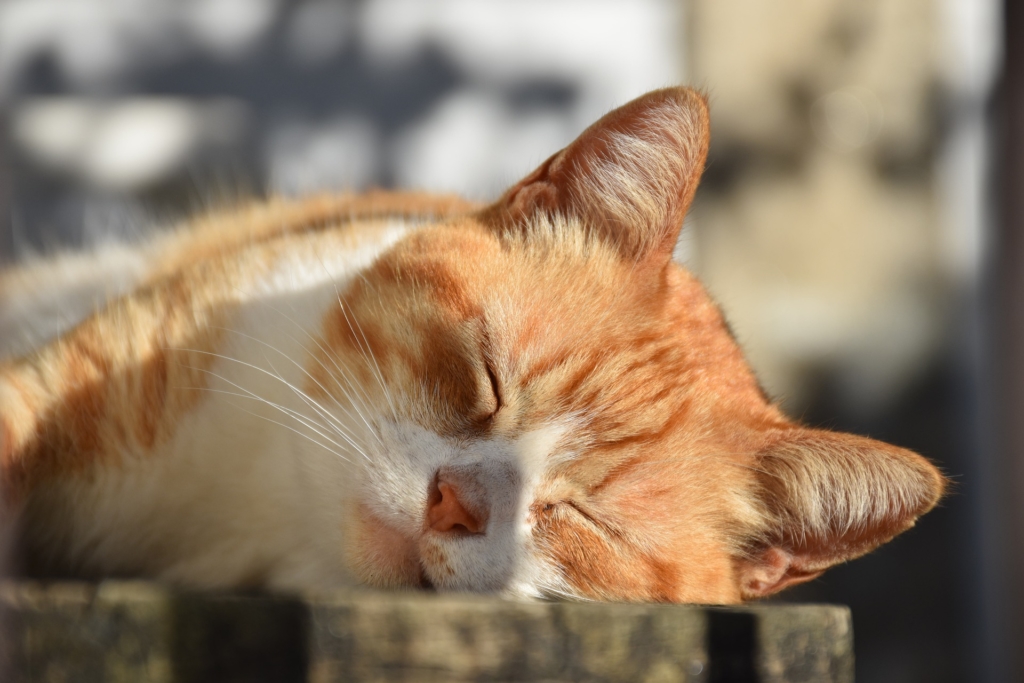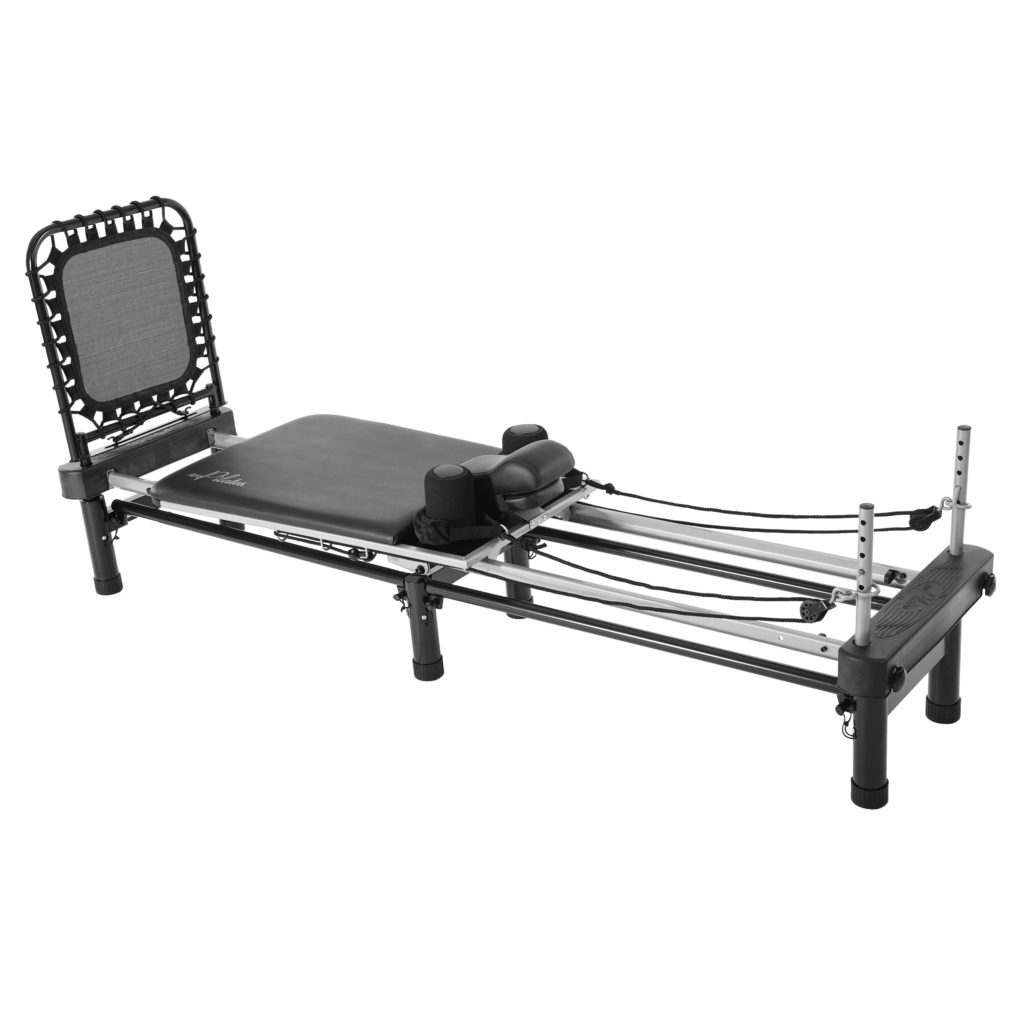Safeguard Your Sleep During Daylight Savings
Pull out the clocks – it’s time to go forward one hour! The dreaded (yet at the same time good?) daylight savings time change is here.
One of the biggest perks of daylight savings time is the extra hour of sunlight afforded at the end of each day. Many would agree that it’s a great step to advance beyond the long darkness of winter days and see the beginnings of spring in this extra daylight.
There are some unfortunate aspects to this time shift too, however.
Effects of Daylight Savings
A study in 2012 discovered that the risk of developing a heart attack goes up 10% for many people in the few days after the time reversal. Likewise, though, you’re 10% less likely to have a heart attack after the time bump backwards.
Keep your eyes on the road, too. According to a 1996 English research report, there is a reported 8% increase of traffic accidents on the Monday following the time reversal.

Lastly, Brookings found you’re 7% less likely to be robbed after the time reversal. Say hooray for extra waking daylight!
The change in sleep appears to be the most-felt effect as a result of daylight savings. Losing an hour of sleep isn’t exactly enjoyable. Here’s some tips you can follow to lessen the impact.
1. Figure out how much sleep you need.
This can vary for everyone. Some people need only 6 hours of sleep; you might need as much as 10. Determine how much sleep you need not just to be functional, but to feel great. Once you have figured this out adjusting with the time changes should be much easier.
2. Slowly adjust your sleep schedule in anticipation of the shift.

Start in advance of the daylight savings clock shift. Every night, one night at a time, set your alarm clock back 15 minutes earlier each time. That way, your body’s sleep cycle will already be more aligned with the shift when it occurs.
3. Develop good sleep hygiene.
There’s some easy tips you can follow to ensure you get quality sleep every night.
- It’s highly recommended to not eat 2 to 3 hours before bed as this can disrupt your sleep-wake cycle.
- Try to go to bed the same time every night if possible. Our bodies adapt well to routine, especially as it relates to sleep.
- Avoid stimulants before bedtime, such as caffeine or nicotine. These can make you jittery and you may find it harder to fall asleep. On the flip side, depressants like alcohol also affect your sleep cycles.

4. Stay active.
Exercise during the day time. Wearing your body out and getting the heart pumping with blood will encourage your body to crave sleep as nighttime approaches. Plus, you may experience a mood boost after proper exercise to brighten your day.











